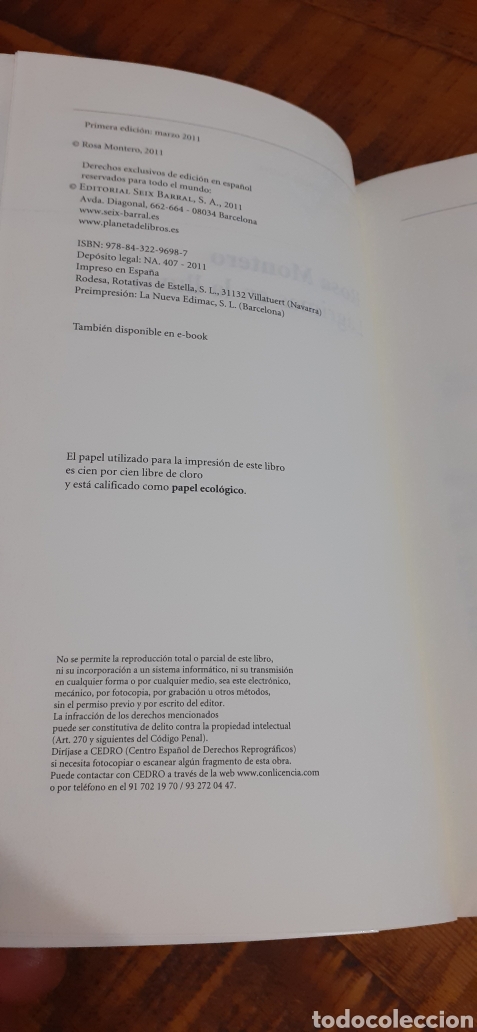


Friction-a concept I articulate in reference to the thought of decolonial feminist theorists-is essential to variegating the flattened landscape of posthumanist ethical thought.

Argenis’s friction unbinds his posthuman constitution from ethics and opens between them a gap from which he is able to do the posthuman ethical work of deconstructing oppressive systems of thought like humanism in a way that is generative and consequential. The key difference between Acilde and Argenis is that Acilde passively accepts his posthumanity, while Argenis enters into violent friction with his. Argenis, who is not prophesied to be any sort of savior, does the same, and even gestures towards an alternative to treating ethics as the inevitable byproduct of a well-mapped posthuman constitution. This failure suggests, like in Bruna Husky’s case, that there is a difference between being constitutionally and ethically posthuman. Acilde is prophesied to be a posthuman ethical savior, preventing ecological collapse, but does not fulfill the prophecy. Indiana’s novels feature two protagonists-Acilde and Argenis-both of whom are constitutionally posthuman. In the third chapter, I continue my exploration of Posthumanist ethics through an analysis of Dominican author Rita Indiana’s Science Fiction trilogy-in-progress ( La mucama de Omicunlé, 2015, and Hecho en Saturno, 2018). The solution Montero’s trilogy offers to these problems is for theorists to move their attention away from the individual posthuman and towards non-individual, in-between forces like affect. In her failure to enact a Posthumanist ethics, Montero’s posthuman protagonist calls into question the tendency to center the subject in Posthumanist thought and also makes visible its tacit and dubious blending of constitution (ontology) and ethics. In the second chapter, I develop a critique of Posthumanist ethics that place the onus of ethical-political intervention on marginalized subjects through a close reading of Spanish author Rosa Montero’s Bruna Husky trilogy ( Lágrimas en la lluvia, 2011, El peso del corazón, 2015, Los tiempos del odio, 2018).

The first chapter of my dissertation is an overview of Posthumanist theory and Science Fiction, with a particular emphasis on the contributions Hispanic authors and women have made to the genre. My aim in doing so is to uncover the shortcomings of Posthumanist accounts of ethics and discover alternative paths forward. In this dissertation I put Posthumanist theory in tension with the ‘lived’ experiences of the posthuman protagonists of two recent Science Fiction trilogies.


 0 kommentar(er)
0 kommentar(er)
